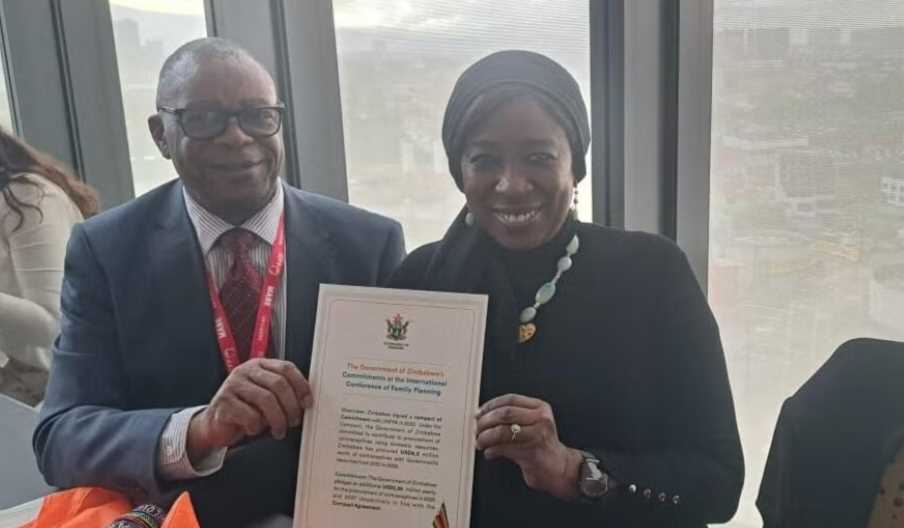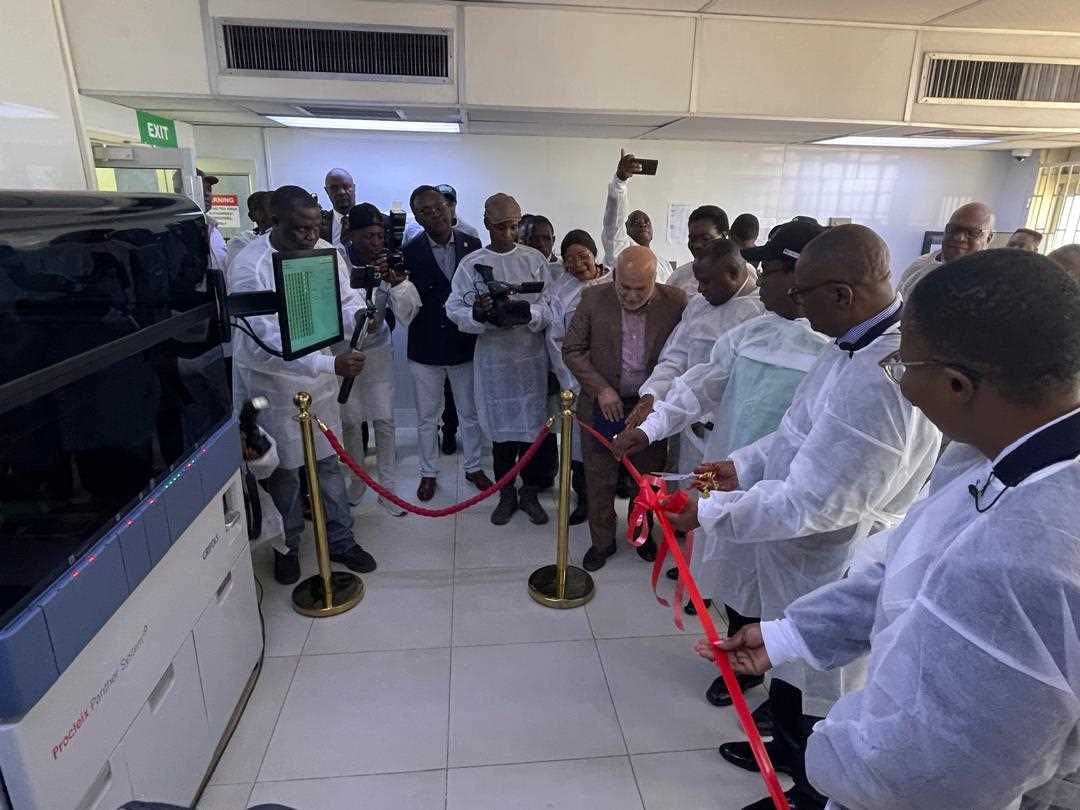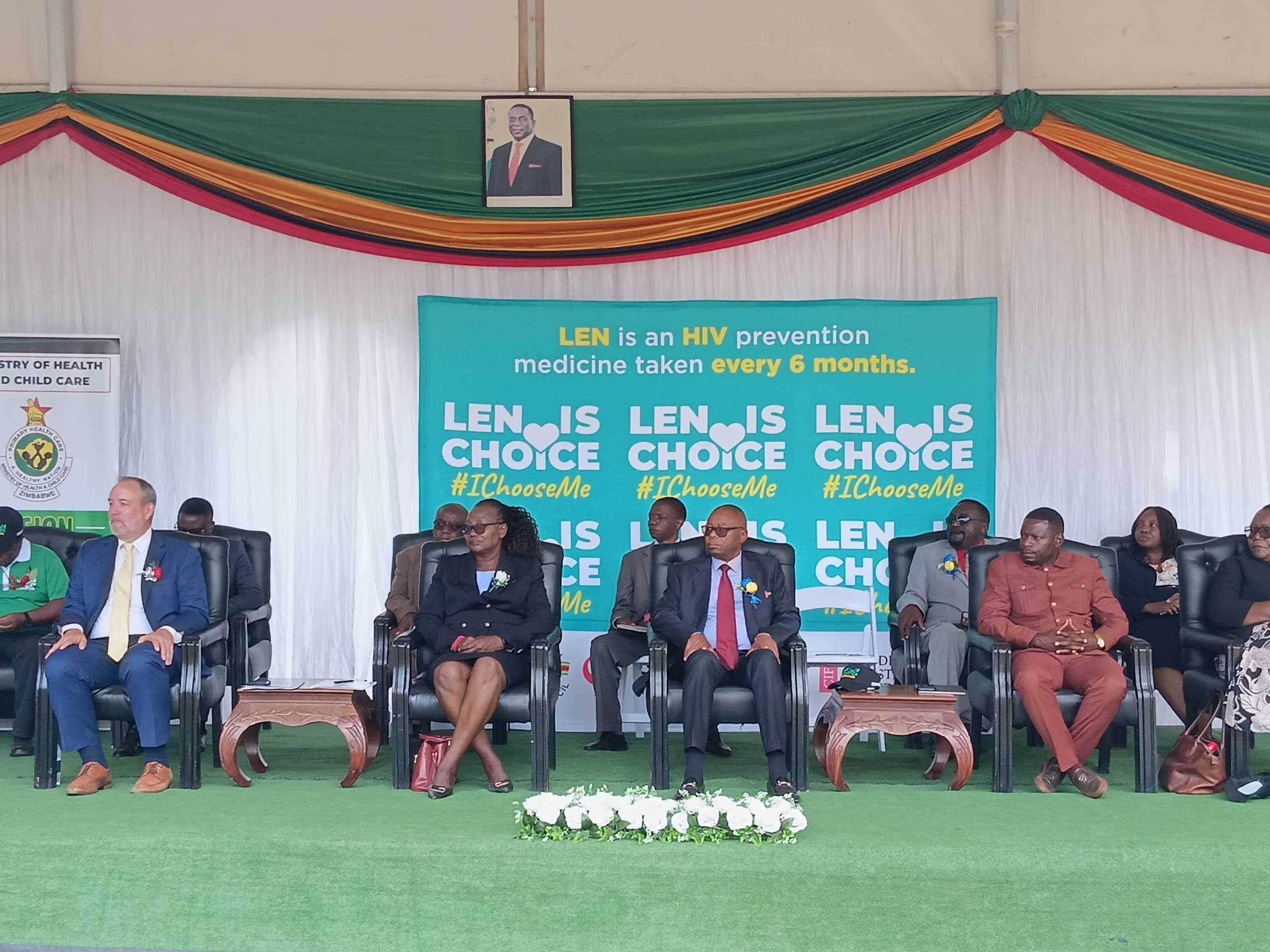
Zimbabwe has announced a significant boost in domestic funding for family planning and reproductive health, pledging an additional US$2.25 million annually for contraceptive procurement in 2026 and 2027.
The announcement was made on November 5, at the International Conference on Family Planning 2025 in Bogotá, Colombia, during a high-level session convened by the United Nations Population Fund and FP2030.
The new pledge reinforces Zimbabwe’s ongoing commitment to safeguarding women’s and girls’ access to reproductive health services amid a global decline in donor funding.
“The Government of Zimbabwe remains steadfast in its commitment to the health and well-being of our citizens,” said Dr. Douglas Mombeshora, Minister of Health and Child Care.
“Having already procured US$6.3 million worth of contraceptives from domestic resources since 2022, this new investment is a continuation of our promise under the 2023 Compact with UNFPA,” he added.
Related Stories
Zimbabwe’s latest pledge builds on the country’s strong record of domestic investment in family planning, which has grown substantially in recent years through the UNFPA Supplies Partnership — the agency’s global initiative supporting 54 countries in strengthening supply chains, policy frameworks, and accountability systems.
The partnership’s Match Fund, which doubles every US$1 a government invests with a US$2 contribution (up to US$2 million), has helped increase government spending on contraceptives fivefold since 2020, reaching a record US$52 million in 2024.
UNFPA Executive Director Diene Keita praised Zimbabwe’s leadership, describing it as an example of how political will and partnership can drive progress in reproductive health.
“When women can plan their pregnancies, countries can plan their futures,” Keita said. “Every national pledge made today is a promise to women and girls — that their health, rights, and choices matter.”
According to UNFPA, each dollar invested in family planning yields nearly US$27 in health and economic returns, highlighting its value as one of the smartest and most sustainable public health investments a country can make.
As global financing landscapes shift, Zimbabwe’s example underscores the importance of national ownership and collaboration among governments, civil society, the private sector, and multilateral partners to close funding gaps and uphold reproductive rights for all.



















Leave Comments